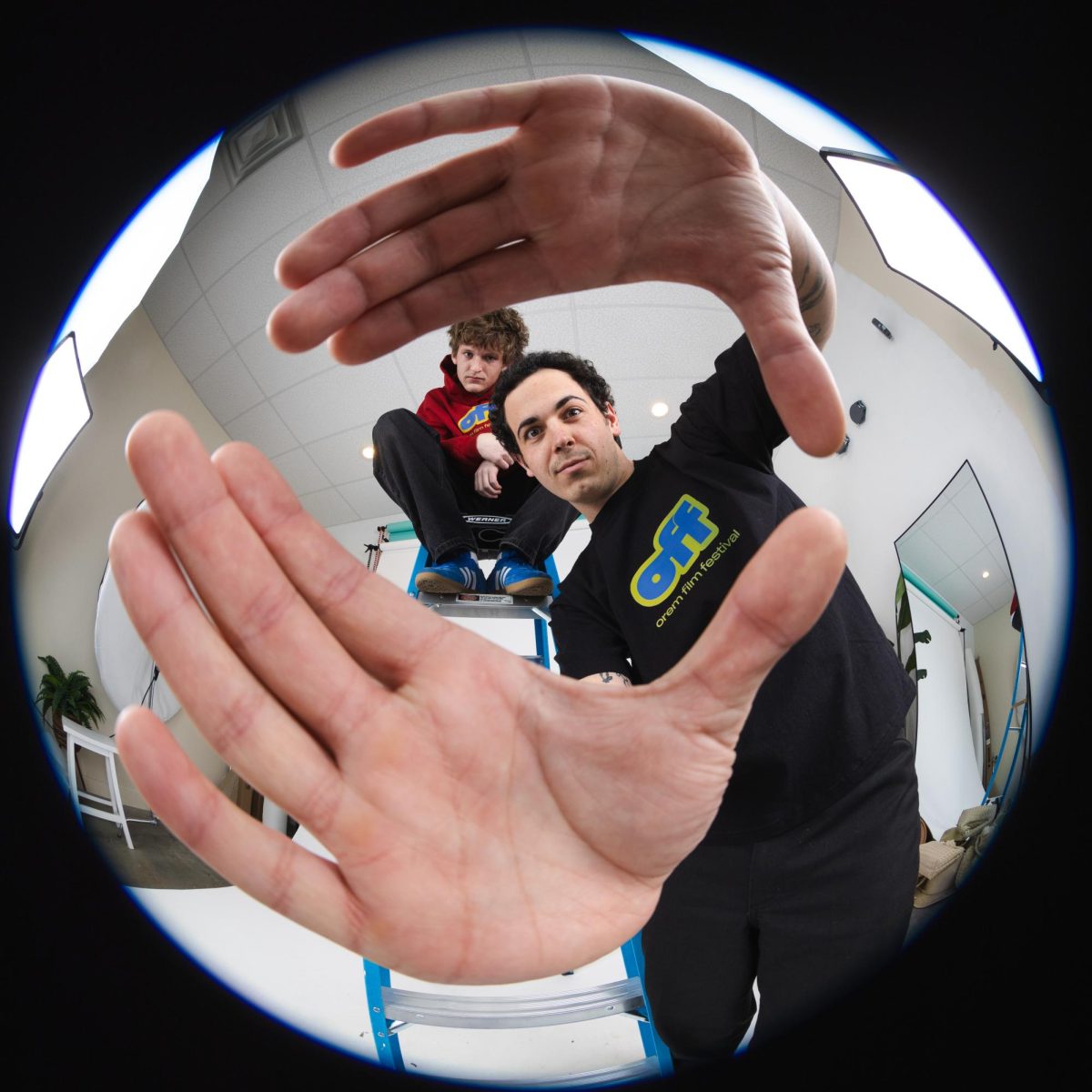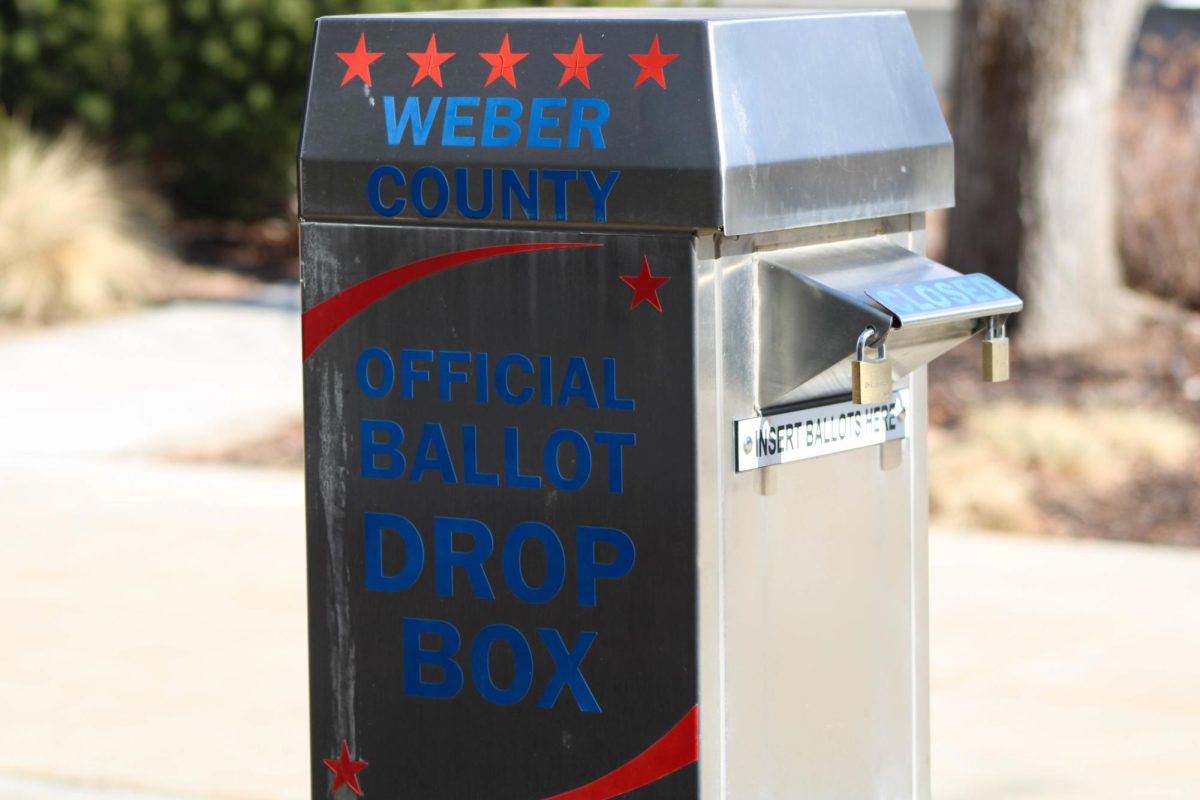Utah Patients Coalition launched its 2018 ballot initiative campaign designed to advocate for the use and distribution of medical marijuana to patients with serious medical conditions in Utah.
The 2018 initiative would allow patients who are suffering from chronic pain and illness to safely and legally access medical marijuana, provided they have a recommendation from their physician. The bill would allow doctors to prescribe medical marijuana to patients suffering from chronic pain related to illnesses like cancer, epilepsy, Alzheimer’s and other serious conditions.

The initiative maintains Utah’s conservative approach with similar restrictions to the legislation passed by the Utah Senate in 2016. The proposed bill would prohibit smoking the substance, public consumption and use of the substance while driving. The initiative would also limit the number of dispensaries and cultivators in a given area and allow local zoning for cannabis facilities.
According to a poll taken by Utah Patients Coalition, Utah voters are largely in support of the initiative. As many as 79% of Utah voters said they would support medical marijuana in principle, with 72% of voters saying they would support an initiative that would allow doctors to recommend medical marijuana to patients.
Currently, Utah allows the use of cannabidiol (CBD), one of six active compounds that are found in cannabis, to patients who are suffering from severe epilepsy. CBD has significant antioxidant and neuroprotective properties without the psychoactive effects of the most active compound: tetrahydrocannabinol (THC).
CBD oil has been proven to significantly reduce epileptic seizures. However, the 2014 bill that legalized the use of CBD oil included no provision for patients to legally acquire CBD in Utah. Patients who have been prescribed CBD oil by a medical physician must purchase the medicine from outside of the state of Utah.
Although a small percentage of patients currently have limited access to CBD oil, millions of people with chronic pain and underlying conditions are still without access to CBD, leaving these patients relying on the use of pharmaceutical opioids to relieve their pain.
Utah is ranked 7th in the United States for opioid overdoses.

“We have recently dropped to the 7th position, but not because our rates are getting better, but rather because other states are getting worse,” said Christine Stenquist, a member of the nonprofit patient advocacy organization TRUCE and former medical cannabis patient.
In 2014, a study conducted by JAMA Internal Medicine showed that plant-states — states where medical marijuana is legal and accessible — had reduced their rates of opioid-related overdoses by nearly 25 percent. The research also demonstrated that the reducing-overdose effect grew stronger years after the states had approved medical marijuana.
Proponents of the 2018 medical marijuana ballot initiative hope that by allowing medical marijuana as an alternative to opioids, Utah could lower its rate of addiction and overdose.
The bill does not propose that marijuana treat opioid addiction. However, the bill seeks to make medical cannabis available to treat chronic pain so patients will have alternative choice to addictive and impairing opioids.
“We don’t want to replace one addiction with another potential addiction,” said Stenquist.
Although medical cannabis has proven to be an effective method in treating a variety of severe medical conditions, there has not been any significant research on the plant as a whole because cannabis remains a Schedule 1 drug, according to federal law. Currently, the only way that pharmaceutical companies can conduct research on the plant is by breaking it down into separate compounds.
“We hope to see things move forward on a federal level as well as a state level,” said Stenquist, “and we know that education is important on a plant level and a judicial level. We want to correct a couple of things so that we can give people access to the full plant benefits.”

Humans have used medicinal cannabis since as early as 2700 B.C.E. In 1914, its use was defined as a crime in the United States.
“We want to get passed the historical and political history so that we can really begin to have a better understanding of the plant,” said Jim Hutchins, a PhD and neuroscientist at Weber State University.
Education is a crucial part to the voting process because uninformed voters are not equipped to make rational decisions in the ballot box.
“We want to educate people as much as possible so that the legislature and church would see things from our perspective,” said Hutchins. “Compared to other substances like tobacco, alcohol and prescription opioids, cannabis has proven to have more beneficial health effects with less detrimental side effects.”
After having filed the ballot initiative with the lieutenant governor, Utah Patients Coalition will now begin seeking to collect more than 113,000 signatures required for the 2018 ballot initiative, according to the Utah Patients’ press release.
Advocates are hoping that a compassionate outlook on the medicinal benefits of cannabis will gain voters approval and lead to a more educated opinion on the use and distribution of medical marijuana.



















